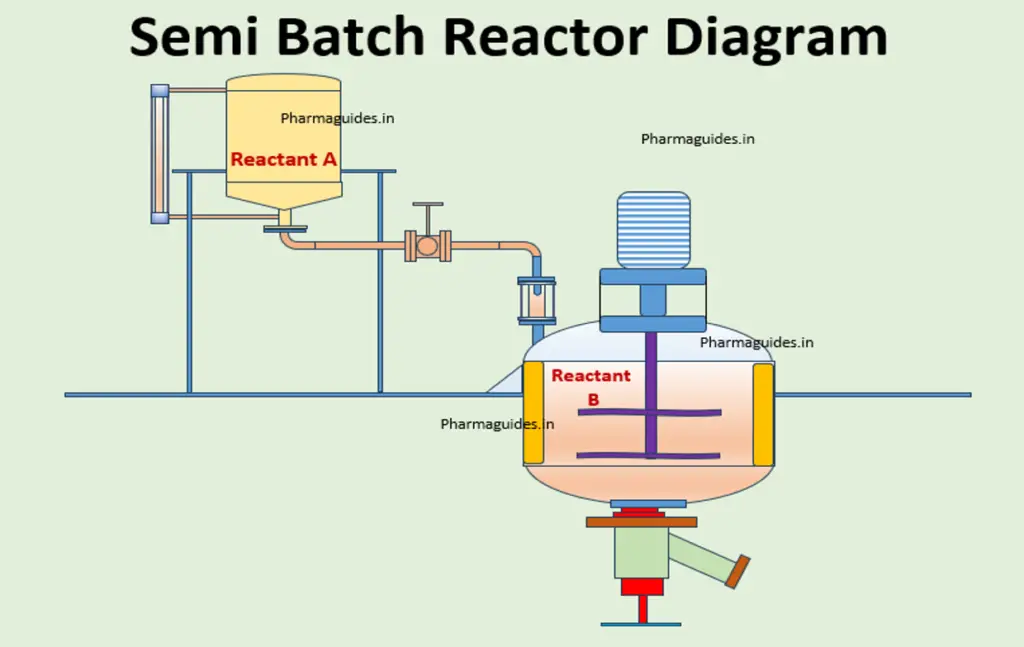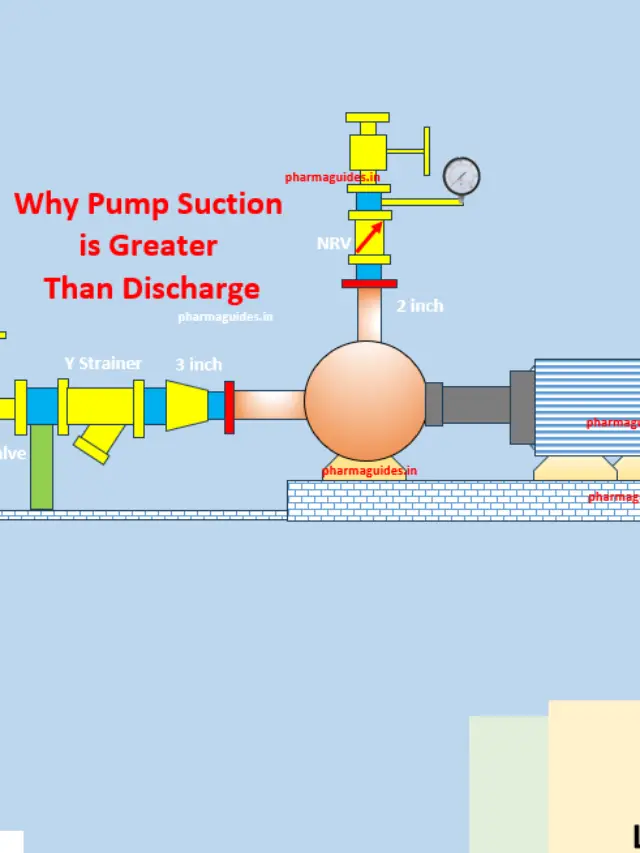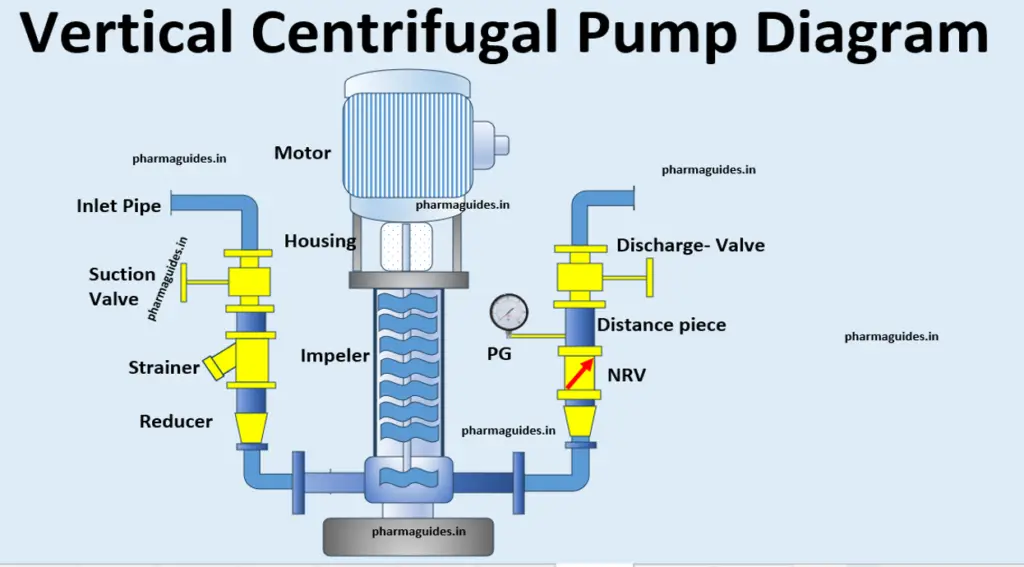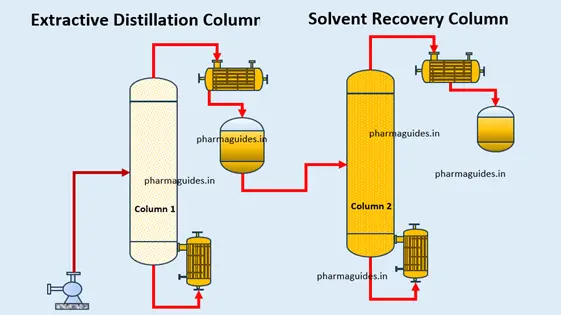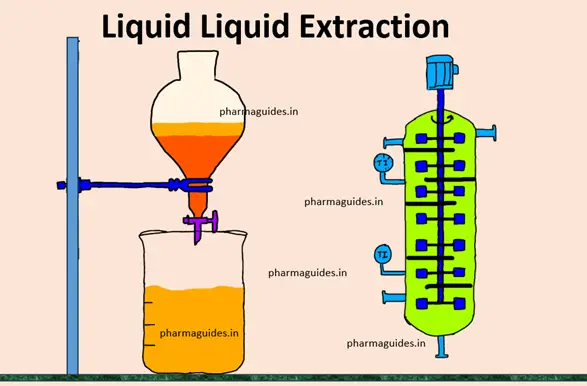what are the advantages of using cng and lpg as fuels 4.0
Article Contents
what are the advantages of using cng and lpg as fuels
In recent years, the global push towards eco-friendly and sustainable solutions has led to the increasing popularity of Compressed Natural Gas (CNG) and Liquefied Petroleum Gas (LPG) as alternative fuels. Both CNG and LPG offer numerous advantages over traditional gasoline and diesel, making them a viable option for various applications. In this article, we will explore the advantages of using CNG and LPG as fuels, in short we cover what are the advantages of using cng and lpg as fuels.
Advantages of CNG as a Fuel
- Environmentally Friendly
CNG is a cleaner fuel compared to gasoline and diesel, emitting significantly lower levels of greenhouse gases and harmful pollutants. It produces almost no particulate matter and fewer nitrogen oxides (NOx), which are major contributors to air pollution and climate change. By using CNG, we can reduce our carbon footprint and improve air quality, thus supporting environmental conservation efforts, Liquefied Petroleum Gas. - Cost-Effective
One of the primary advantages of CNG is its cost-effectiveness. CNG is generally cheaper than gasoline and diesel, making it an economical option for consumers and fleet operators. Additionally, CNG engines often have a longer lifespan due to lower wear and tear, leading to reduced maintenance costs in the long run. - Abundant and Domestic Availability
Natural gas, the primary component of CNG, is abundant and can be sourced domestically in many countries. This reduces dependence on foreign oil imports, enhancing energy security and promoting self-sufficiency. The availability of CNG filling stations is also increasing, further encouraging its adoption as a mainstream fuel.
Advantages of LPG as a Fuel
- Lower Emissions
Like CNG, LPG produces lower emissions of harmful pollutants such as CO2, NOx, and particulate matter compared to conventional fuels. Using LPG can significantly reduce the impact of transportation on air quality and climate change, making it a greener fuel choice. - Versatility
LPG can be used in various applications, including transportation, cooking, and heating. This versatility makes it a convenient fuel option for both residential and commercial purposes. It is particularly popular in areas where natural gas pipelines are not available, providing an efficient and accessible alternative. - Energy Efficiency
LPG has a high energy content, which means it can produce more energy per unit of volume compared to gasoline or diesel. This results in improved fuel efficiency and better mileage for vehicles running on LPG. Higher energy efficiency translates into reduced fuel consumption and lower operating costs for users.

Disadvantages of CNG
- Limited Range: CNG has a lower energy density compared to gasoline and diesel, which means vehicles running on CNG might have a limited range before needing to refuel. This can be a concern, especially in areas with limited CNG filling stations, Liquefied Petroleum Gas.
- Infrastructure Development: The widespread adoption of CNG as a mainstream fuel requires a significant investment in building a network of CNG filling stations. Developing the necessary infrastructure can take time and resources.
- Storage Challenges: CNG needs to be stored at high pressure to maintain its gaseous state, which necessitates specially designed and reinforced fuel tanks in vehicles. This can add to the overall cost of the vehicle.
- Methane Leakage: Methane, the primary component of CNG, is a potent greenhouse gas. Leakage during production, distribution, or use of CNG can contribute to climate change, offsetting some of the environmental benefits.
Disadvantages of LPG
- Safety Concerns: LPG is highly flammable, and its storage in liquid form under pressure poses safety risks. Proper handling, storage, and transportation of LPG are essential to prevent accidents.
- Limited Availability: In some regions, the availability of LPG might be limited, especially in remote areas. This can make it challenging for users to access LPG for their needs.
- Energy Density: While LPG has a higher energy density compared to CNG, it still lags behind gasoline and diesel. As a result, vehicles running on LPG may have slightly lower fuel efficiency and range.
- Carbon Emissions: Although LPG emits fewer pollutants compared to gasoline and diesel, it is not entirely carbon-neutral. The combustion of LPG still releases carbon dioxide (CO2), contributing to overall greenhouse gas emissions, what are the advantages of using cng and lpg as fuels.
- Potential for Leakage: LPG systems can develop leaks over time, leading to the release of gas into the atmosphere. These leaks not only waste the fuel but also contribute to air pollution and safety hazards.
While CNG and LPG offer several advantages over conventional fuels, they also come with certain disadvantages that need to be considered. The environmental benefits of using these cleaner fuels must be balanced with the challenges of infrastructure development, storage, and safety. As technology advances and awareness about sustainable fuels grows, addressing these drawbacks will play a crucial role in promoting the widespread adoption of CNG and LPG as viable alternatives to gasoline and diesel.
advantages and disadvantages of using Compressed Natural Gas (CNG) as a vehicle fuel:
| Advantages of CNG | Disadvantages of CNG |
|---|---|
| 1. Lower Emissions: CNG produces fewer greenhouse gases and pollutants compared to gasoline and diesel, contributing to improved air quality and reduced environmental impact. | 1. Limited Fueling Infrastructure: The availability of CNG refueling stations is not as widespread as gasoline or diesel stations, making it less convenient for some drivers. |
| 2. Cost-Effective: CNG is generally cheaper than gasoline and diesel, resulting in potential cost savings for vehicle owners. | 2. Reduced Driving Range: CNG vehicles may have a shorter driving range per tank compared to gasoline or diesel vehicles, requiring more frequent refueling. |
| 3. Abundant Resource: Natural gas reserves are more abundant and widely distributed compared to oil reserves, reducing dependency on foreign oil. | 3. Tank Space: CNG tanks are bulkier and heavier than gasoline or diesel tanks, potentially reducing cargo space in vehicles. |
| 4. Lower Maintenance Costs: CNG burns cleaner, leading to less wear and tear on engine components, resulting in lower maintenance costs over time. | 4. Lower Energy Density: CNG has a lower energy density than gasoline, which means vehicles may require larger fuel tanks to achieve similar driving ranges, Liquefied Petroleum Gas. |
| 5. Noise Reduction: CNG engines tend to operate quieter than diesel engines, contributing to reduced noise pollution. | 5. Conversion Costs: Converting vehicles to run on CNG can be expensive, although some manufacturers offer CNG-ready models. |
| 6. Safety: CNG is lighter than air and disperses quickly in case of a leak, reducing the risk of fire or explosion. | 6. Methane Emissions: Although CNG burns cleaner, it primarily consists of methane, a potent greenhouse gas, and uncontrolled leaks can contribute to climate change. |
| 7. Incentives: Many governments offer incentives and tax benefits to promote the adoption of CNG vehicles, encouraging eco-friendly transportation. | 7. Complexity: CNG vehicles require additional components, such as high-pressure fuel tanks and fuel delivery systems, adding complexity to the vehicle design. |
It’s important to note that the advantages and disadvantages of CNG can vary based on regional factors, vehicle types, and individual driving needs. Before deciding to use CNG as a vehicle fuel, drivers should carefully consider their specific circumstances and available infrastructure.

what are the advantages of using cng and lpg as fuels ?
Table summarizing the advantages of using CNG and LPG as fuels:
| Advantages | CNG | LPG |
|---|---|---|
| Environmentally Friendly | Lower greenhouse gas emissions | Reduced emissions of pollutants |
| and harmful pollutants | like CO2, NOx, and particulates | |
| Cost-Effective | Generally cheaper than gasoline | Economical fuel option |
| and diesel | with lower maintenance costs | |
| Abundant and Domestic | Abundant natural gas resource | Domestic availability in |
| Availability | and domestic sourcing | many areas without pipelines |
| Lower Emissions | Reduces CO2 and NOx emissions | Lowers impact on air quality |
| and particulate matter | and climate change | |
| Versatility | Primarily used in transportation | Versatile fuel for transportation, |
| but limited applications | cooking, heating, and more | |
| Energy Efficiency | High energy content | High energy content for better |
| leads to improved fuel efficiency | fuel efficiency and mileage |
People Also Ask
Q1: What are the advantages of CNG over LPG?
Answer: Compressed Natural Gas (CNG) has several advantages over Liquefied Petroleum Gas (LPG):
- Environmentally Friendly: CNG emits lower levels of greenhouse gases and harmful pollutants compared to LPG, making it a cleaner and more eco-friendly fuel option.
- Lower Emissions: CNG produces almost no particulate matter and fewer nitrogen oxides (NOx) than LPG, contributing to better air quality and reduced environmental impact.
- Cost-Effectiveness: CNG is generally cheaper than LPG, leading to cost savings for consumers and businesses using this fuel, what are the advantages of using cng and lpg as fuels.
- Abundant and Domestic Availability: Natural gas, the primary component of CNG, is abundantly available and can be sourced domestically in many regions, enhancing energy security and independence.
Q2: What is the difference between CNG and LPG for class 4th?
Answer: For class 4th, the difference between CNG and LPG can be explained as follows:
- Source: CNG stands for Compressed Natural Gas and is derived from natural gas obtained from underground deposits. LPG, on the other hand, stands for Liquefied Petroleum Gas and is a byproduct of natural gas processing and crude oil refining.
- State: CNG is stored in a gaseous state under high pressure, while LPG is stored in a liquid state under moderate pressure, what are the advantages of using cng and lpg as fuels.
- Density: CNG has a lower energy density compared to LPG. It means that a larger volume of CNG is required to provide the same amount of energy as a smaller volume of LPG.
- Use: CNG is primarily used as a fuel for vehicles, while LPG has a broader range of applications, including cooking, heating, and powering vehicles.
Q3: What is the difference between LPG and CNG Class 8?
Answer: In class 8, the difference between LPG and CNG can be described as follows:
- Composition: LPG (Liquefied Petroleum Gas) is a mixture of propane and butane, obtained from natural gas processing and crude oil refining. CNG (Compressed Natural Gas), on the other hand, is mainly composed of methane and is extracted directly from natural gas reserves.
- Storage: LPG is stored in a liquid state at moderate pressure, whereas CNG is stored in a gaseous state under high pressure.
- Energy Content: LPG has a higher energy content per unit volume compared to CNG, which means a smaller volume of LPG can provide the same amount of energy as a larger volume of CNG.
- Applications: LPG is used in various applications, such as cooking, heating, and transportation. CNG, however, is primarily used as a fuel for vehicles.
Q4: What are the advantages of using natural gas as a fuel Class 8?
Answer: The advantages of using natural gas as a fuel, suitable for Class 8 students, are as follows:
- Environmentally Friendly: Natural gas emits fewer greenhouse gases and air pollutants compared to conventional fuels, contributing to cleaner air and reduced environmental impact.
- Abundant and Domestic Availability: Natural gas is a domestically available resource in many regions, reducing dependency on foreign oil imports and promoting energy security.
- Cost-Effective: Natural gas is often more affordable than traditional fuels, leading to cost savings for consumers and businesses, what are the advantages of using cng and lpg as fuels.
- Versatility: Natural gas can be used in various applications, including electricity generation, heating, cooking, and as a transportation fuel.
- Lower Carbon Footprint: Using natural gas as a fuel helps to lower the overall carbon footprint, making it a step towards a more sustainable and greener future.
Conclusion
CNG and LPG offer several significant advantages over traditional gasoline and diesel fuels. Their cleaner emissions, cost-effectiveness, domestic availability, and energy efficiency make them appealing options for various applications. As the world strives to reduce its carbon footprint and combat environmental challenges, the adoption of CNG and LPG as alternative fuels can play a crucial role in building a sustainable future. Embracing these eco-friendly fuels not only benefits individuals and businesses but also contributes to a healthier planet for generations to come.







